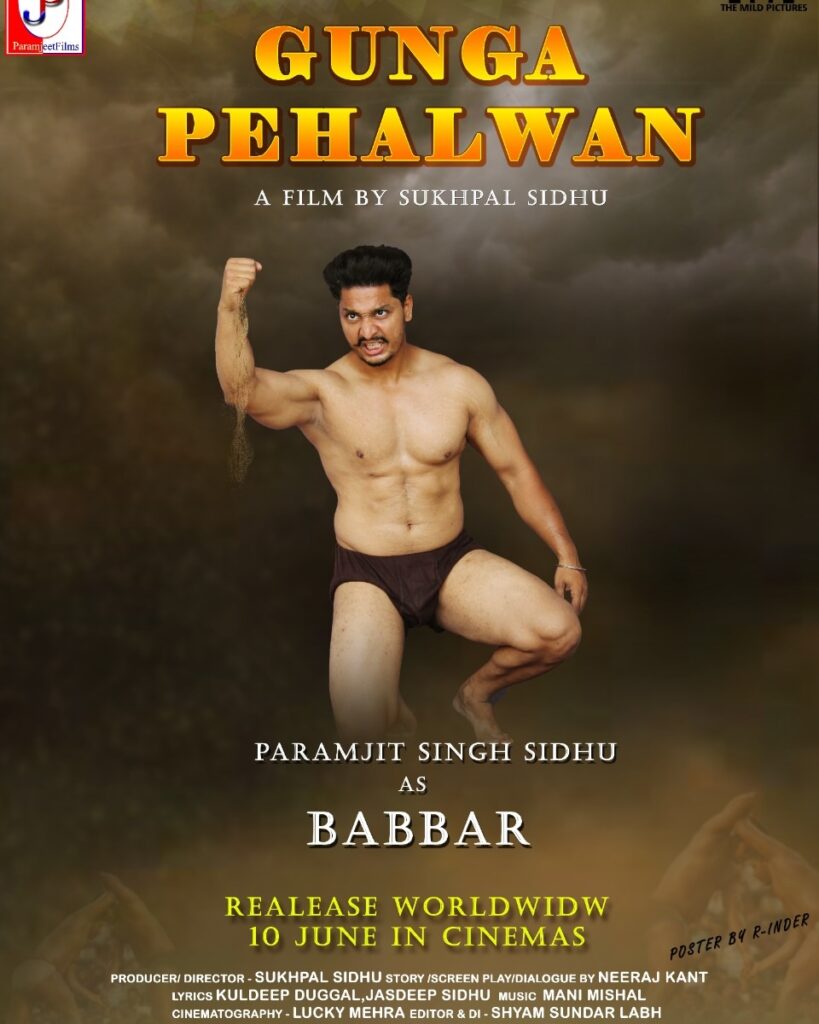Gunga Pehalwan (2022) is a gripping drama that explores the life of a mute wrestler, Gunga, who overcomes societal prejudices and personal struggles to establish himself as a formidable force in the wrestling arena. Set in rural India, the film blends intense emotions with the raw energy of traditional wrestling, creating a powerful narrative about resilience, identity, and perseverance.
Gunga, the film’s protagonist, is born mute but refuses to let his disability define him. Raised in a humble household, he finds solace and strength in wrestling, a sport that becomes his voice in a world that often underestimates him. Despite his exceptional talent, Gunga faces constant discrimination from both his peers and his opponents, who consider him weak due to his inability to speak. However, his determination and relentless hard work earn him the respect of his mentor, an aging wrestler who recognizes his potential and trains him to compete at a professional level.
As Gunga rises through the ranks, he encounters various challenges, including corrupt officials, envious competitors, and internal struggles that test his spirit. The film delves deep into his emotional journey, portraying his moments of triumph and despair with raw authenticity. His unwavering resilience, coupled with his silent yet expressive demeanor, makes him a compelling and inspirational figure.
Beyond wrestling, Gunga Pehalwan also highlights societal themes such as discrimination against differently-abled individuals, the struggles of rural athletes, and the politics surrounding traditional sports. The film’s cinematography captures the rustic essence of village life, while the action sequences showcase the intensity of the wrestling matches. With a stirring performance by the lead actor and a thought-provoking narrative, Gunga Pehalwan is a moving tale of strength, passion, and the unyielding human spirit

